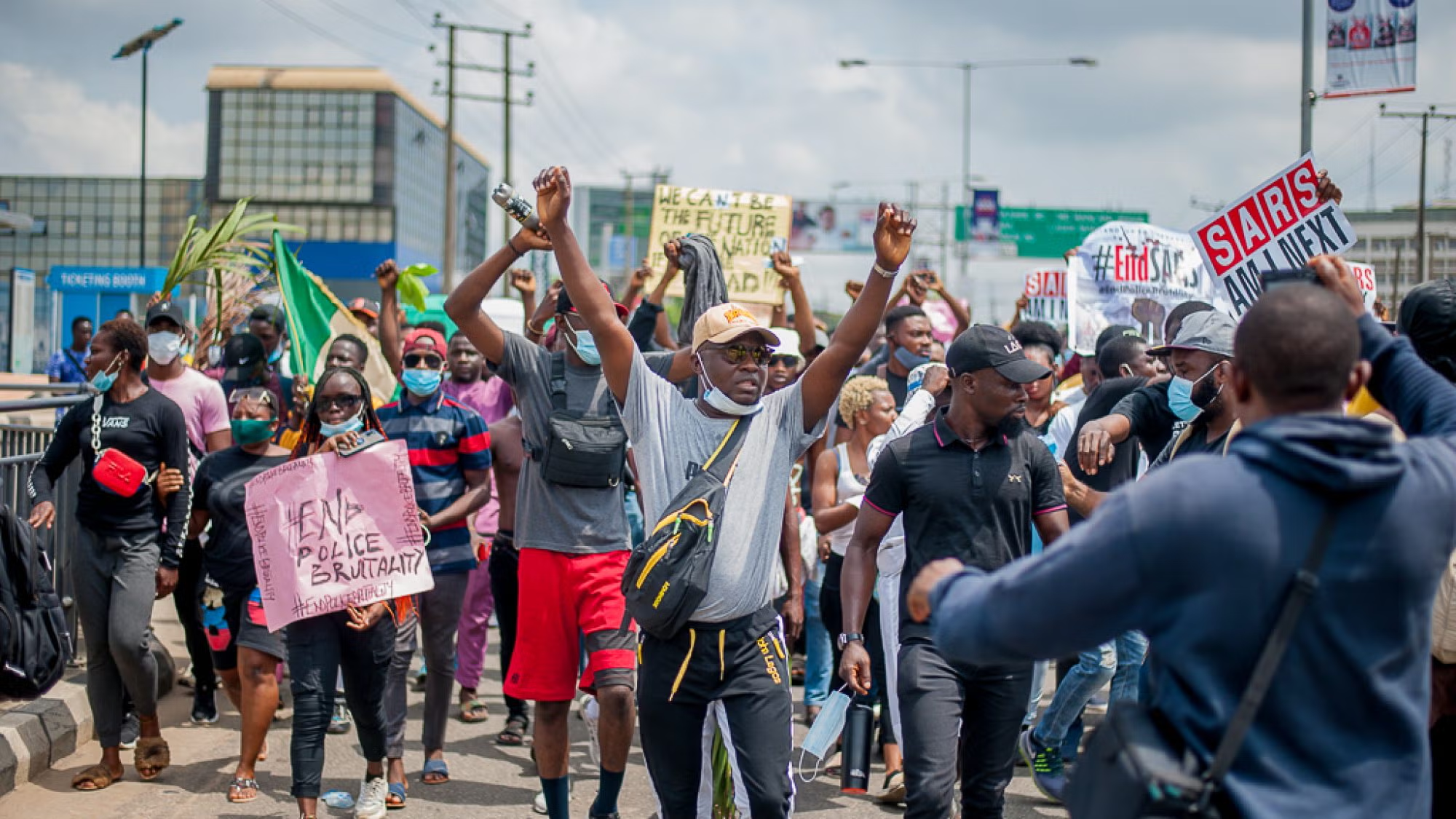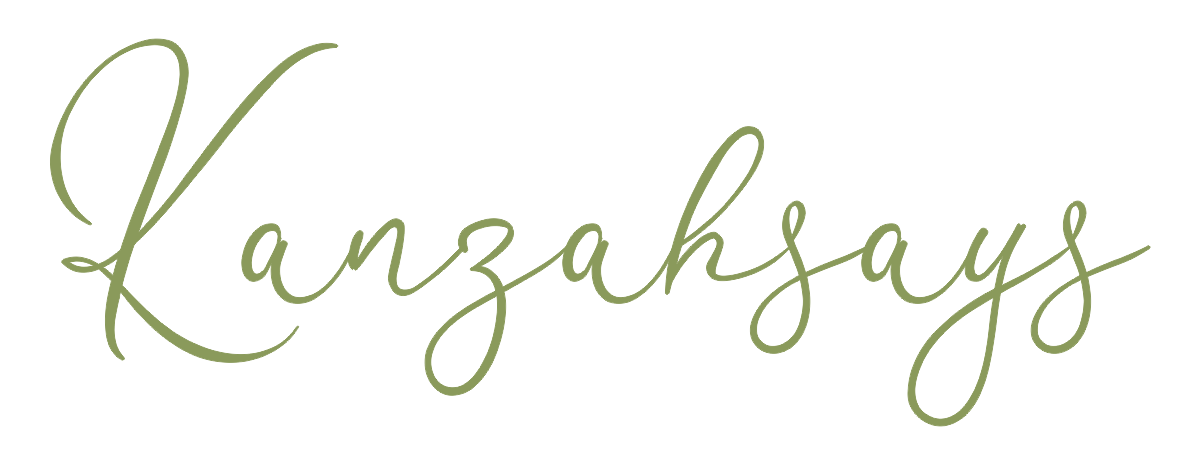Who Do Us This Thing? The Casual Tribalism in Nigeria
Yesterday, I boarded one of those yellow buses at Charly Boy, sorry, Baddo bus stop (lmao). It was a regular bus with a regular conductor and regular passengers. It was also a regular day for me. Or so I thought.
Ever since I lost my Oraimo pods that had been with me since 2023, I’ve only had my mind to escape to when the voice of the conductor or bickering from fellow passengers get too loud. I had zoned out as usual when the rank smell of something rotten, destroyed, and dead hit me from the open dump yard in Iyana Ikosi, jolting me back to the present.
Shortly after, I heard yells and screams of shock from people on the bus.
It was an accident, or almost an accident, since the Okada driver that collided with the culvert jumped back up immediately and no one was hurt. Of course, we continued on our merry way, but not without the driver of my bus remarking, “All these abokis no dey get sense.”
And we continued on our merry way.
As I alighted at my stop, I couldn’t help but notice how casual the tribalism fleeted out in that moment, like something usual and normal. As regular as someone holding out their fare for the conductor.
Tribalism has always been a part of Nigeria, dare I say since amalgamation. Even within the same tribes, there is still discrimination and stigmatization of smaller or different factions of the same ethnic groups.
You’ll see an Anambra person exhibiting tribalistic traits towards someone from Ebonyi, even though they’re both culturally Igbo. And you can have an Ondo indigene exhibiting reservations and tribalistic sentiments against an Ogun state indigene, even though they both originated from Oduduwa.
It is obscene how casual most of these sentiments are, from the mockery of Igbos for their “head shape and yam legs,” to the mockery of Yoruba people for having “weird dentition.” The Hausas are not left out either, for being perceived as “dumb.”
This is why it felt dishonest when people were asking what was wrong with calling Hausa people aboki, ignoring the fact that sometimes it’s used derisively to insinuate that they are dumb and backward.
Nigerians, who do us this thing?
I would have thought tribalism would have taken the back seat at this point.
In fact, during the golden years of Nigerian Twitter, tribalism was frowned upon. Since everyone prided themselves in being resident SJWs, any iota of it that might have existed in their system was tucked away.
Sadly, with the emergence of this new government and how tribe was a huge selling point for the ruling party, tribalism came out in full force. People who were once culturally neutral now became full-fledged tribalists.
Discourse that I thought only existed in the alleys of Nairaland, where tribalism is rife, is now being projected broadly, not just on Twitter but across every other social media platform.
We will fight and disrespect eachother over social pressing issues but let some foreigner come out and make a comment that Japan aeroplane stole our jollof and Nigerian biscuit did something to our zobo. We will come out with full force and engage in a pointless tussle.
On Instablog, comments are rarely free of one person or another pointing fingers at a tribe. And my God, the engagements on tribalism posts? Terrible.
Something as basic as the headline “Wizkid wins 10 Grammys” can be a quick descent into madness with comments like;
Tribalist A: Always Yoruba people winning this Grammy.
Bigot B: God punish you Igbo fool go and buy Grammys with your isi agus now.
And on and on it goes.
Again, who do us this thing?
The last time we came together to fight collectively over a serious issue was #EndSARS. Since then, it’s been one nonsense online arguements over the other.

EndSARS 2025
While we are tearing each other down through tribal lines, the same set of people who have used our heads to do tinkotinko are still playing with our heads and getting the easy cheat codes to manipulate us for 2027.
So much venom and anger towards one another because we identify differently? I wonder if they know that most of them might as well exist as the tribe they hate so much, if they were told they were so and so.
A Tiv person hating a Gwari person might have identified as Gwari if somehow they were birthed in Suleja and their family had integrated into the Gwari community. Now imagine such a person hating on Tivs? An irony I’m almost certain exists, with many of these people not knowing better.
At least in Ilorin, where I’m from, we have many Igbo traders who have settled in the Agaka axis, known as the spare parts hub of Ilorin. Some have changed names, and many have married indigenes. It’s not unlikely to run into a Femolala who bears Nnamdi as a first name. There are even those who have died, and whose line has continued as Yoruba-Ilorin.
Imagine their offspring growing up to yell “You Igbos.’’ They would be as comical as people with a Yoruba parent who calls Yoruba people “dirty, loud Yaraba’’ at the slightest provocation.
It’s not too late to check ourselves and curb this horrible behaviour. It goes nowhere.
It is unnecessary hate.
Hate leads to destruction.
Destruction brings no reward.
We are busy fighting ourselves whilst the leaders fanning the flames of this fire are there at the helm of power making terrible decisions with our collective destiny.
2027 is just around the corner. Do with that what you will.
- Rediscovery: A Reflection on Blogging, Growth, and Self-Betrayal
- When did Ready-To-Wear Fashion in Nigeria become a Luxury Scam?
- Stupid Problems: The Everday Struggles That Hold Nigerians Back
- WHO KILLED BABA KAREEMU?
- Unmute Yourself: Speak, Take Up Space and Disrupt
- Soft Underbelly: The House That Swallowed Them Whole
- Maradona and Nigeria’s Never-Ending Dance of Despair and Deception
- The Gospel of the Nigerian Police According to Sergeant Itoro
- From Natasha Akpoti to Sophia Egbueje: The Many Layers of Misogny
- Folake, When Will You Marry?

🎉 Beautiful representation of our sore realities.
I have come to conclude that tribalism like racism is an incurable mental defect that blurs the eyes too😂